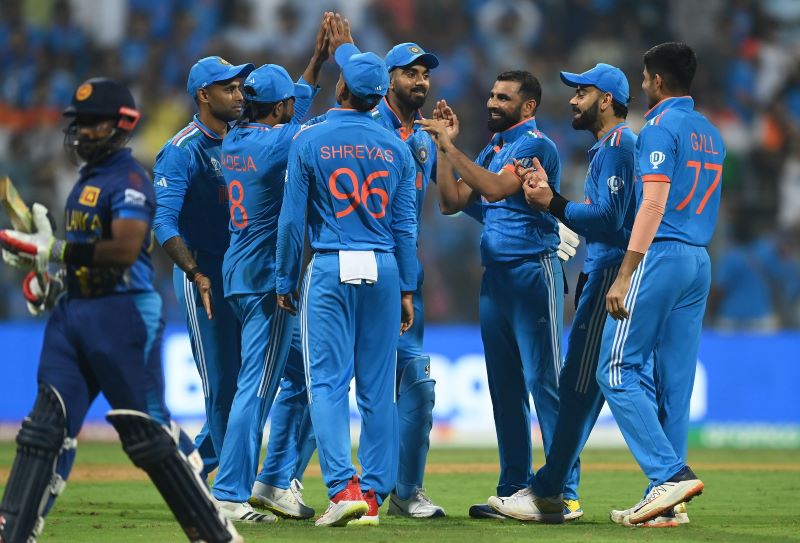 T20
T20 Dubai/UNI: The International Cricket Council (ICC) has mandated the use of stop-clocks in between overs in limited-overs international matches, approved the playing conditions for the Men’s T20 World Cup 2024 and announced the qualification process for the 2026 edition.
The decisions were taken on Friday (15 March), following the ICC’s annual Board meetings.
The stop-clock is set to become permanent in all ODIs and T20Is from June 2024, starting with the ICC Men’s T20 World Cup 2024 in the West Indies and USA.
In December 2023, ICC introduced the stop clock on a trial basis in men’s limited-overs international matches. The trial was supposed to run until April 2024, but the experiment has already yielded results in terms of timely completion of matches.
Results presented to the Chief Executives’ Committee (CEC) demonstrated that approximately 20 minutes had been saved per ODI match.
The feature has now been added as a mandatory playing condition in all Full Member ODI and T20I matches from 1 June 2024.
As per stop clock rule that was trialled in men’s white-ball cricket, the fielding side is expected to start a new over within 60 seconds of the completion of the previous over.
An electronic clock, counting down from 60 to zero, will be displayed on the ground, with the onus on the third umpire to determine the start of the clock.
The failure of the fielding side to be ready to bowl the first ball of their next over within the stipulated 60 seconds of the previous over being completed attracts two warnings. Subsequent breaches would lead to a five-run penalty per incident.
There are a few exceptions to this rule, and the clock, if already started, can be cancelled in certain situations. These include:
- When a new batsman comes to the wicket between overs
- An official drinks interval has been called
- The umpires have approved the on field treatment of an injury to a batter or fielder
- The time lost is for any circumstances beyond the control of the fielding side
It was also confirmed during the meetings that ICC Men’s T20 World Cup 2024 would have reserve days scheduled for the semi-finals and final.
Furthermore, a minimum of five overs will need to be bowled to the team batting second to constitute a game in the group stages and the Super Eight stages. However, in the knockout matches, a minimum of 10 overs need to be bowled in the second innings to constitute a match.
The ICC Men’s T20 World Cup 2026 qualification process has also been approved.
The 20-team tournament will be co-hosted by India and Sri Lanka, and will have a total of 12 automatic qualifiers.
The top eight teams in the 2024 edition will join India and Sri Lanka as automatic qualifiers, with the remaining spots (between two and four, depending on host finishing positions) taken up by the next best-ranked sides in the ICC Men’s T20I rankings table as of 30 June, 2024.
The remaining eight positions will be filled through the Regional Qualifiers.
Support Our Journalism
We cannot do without you.. your contribution supports unbiased journalism
IBNS is not driven by any ism- not wokeism, not racism, not skewed secularism, not hyper right-wing or left liberal ideals, nor by any hardline religious beliefs or hyper nationalism. We want to serve you good old objective news, as they are. We do not judge or preach. We let people decide for themselves. We only try to present factual and well-sourced news.





